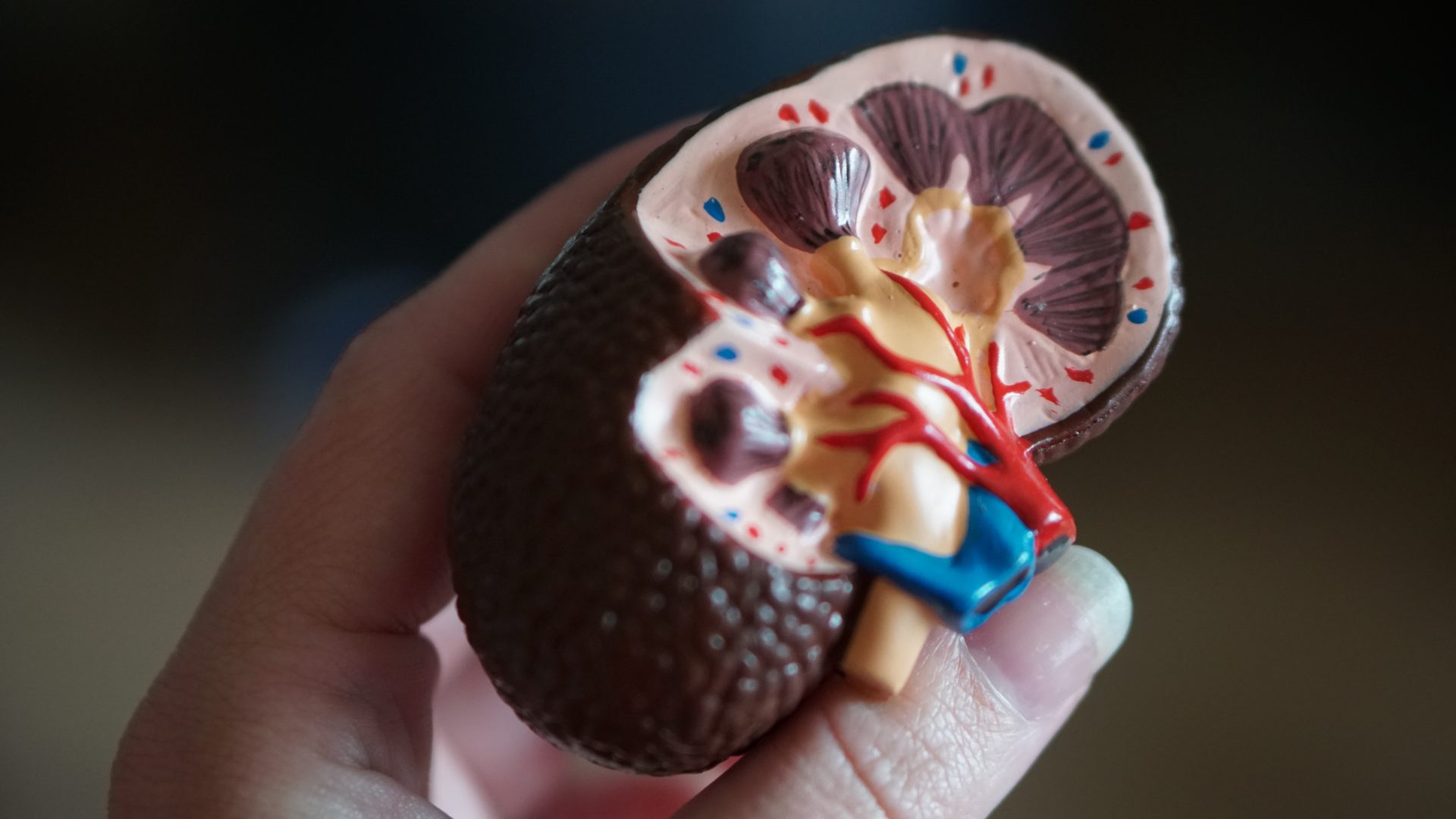The kidneys are critical organs within the human body responsible for filtering waste and toxins from your blood. However, when chronic kidney disease is present, it gradually reduces the kidneys’ normal functioning, adversely impacting the renal system.
Although prevention is the best medicine, it is helpful to understand the major causes of severe kidney disease. Gathering accurate information and consulting professional medical specialists can help navigate the challenges of reduced kidney function and failure and develop a treatment plan. We will review three significant factors that cause chronic kidney disease to develop.
1. Diabetes
In America alone, 1 out of 7 adults is affected by chronic kidney disease (CKD), an estimated 37 million people. One of the leading causes of persistent kidney disease is diabetes.
For persons diagnosed with Type 1 diabetes, the functioning of the kidneys shows changes within two to five years. People who have Type 2 diabetes experience similar results but usually are older. Beyond this, kidney disease usually progresses gradually between 10 to 30 years.
A diagnosis of diabetes does not automatically mean that a person will develop CKD. Diet, exercise, weight management, and glucose levels in the blood can influence how hard the kidneys must work to function.
Urine and blood tests may help determine if the kidneys are in trouble and, if so, how far have any signs of disease progressed. Early testing is best to help develop a plan to make positive lifestyle changes to prolong health and life.
Additionally, people living with diabetes should consider if cardiovascular system problems, family health history, and lifestyle behaviors increase the risks of kidney disease.
2. High Blood Pressure
Living with high blood pressure is a bit of a catch-22 with chronic kidney disease. Because healthy kidneys regulate blood pressure, blood pressure typically goes up when kidney disease is present.
High blood pressure is often the result of the following points.
- Eating a diet that includes high amounts of salt, fat, and cholesterol
- Little to no daily physical activity or movement
- A family health history of high blood pressure
- Problems with kidney health, diabetes diagnosis, or high cholesterol levels
When high blood pressure is present, the blood vessels in the kidneys become constricted, reducing blood flow. High blood pressure often goes unchecked and untreated and may not immediately show symptoms. However, seek testing for hypertension if you are experiencing vision problems, severe headaches, chest pain, blood in the urine, and other distressing issues.
If high blood pressure is a problem, give the cardiovascular system and kidneys a break by doing the following activities.
- Engage in more physical activity
- Eat a healthier diet
- Cease smoking
- Practice healthy weight management
- Drink alcohol in moderation or limit use
- Get enough restful sleep
3. Genetics
Lifestyle choices and diet are not the only factors influencing kidney health and function. Family health history and genetics also play a significant role in the increased risk of developing chronic kidney disease.
Research shows more than several genetic variations linked to an increased risk of persistent kidney disease. However, kidney disease is both the result of genetics and environmental factors.
Current tests and examinations may not be enough to figure out whether CKD is a significant problem and to what degree. Research shows that genetic susceptibility to CKD is a point of concern.
It is essential to test adults who already have some form of reduced kidney function or failure present. Healthy adults should also seek testing, even if they did not have a family member affected by CKD. Early detection can determine what lifestyle changes to make or if medical intervention is necessary to prevent kidney disease.
As the cost of DNA testing and sequencing continues to fall and become more accessible, seeking genetic testing can help determine if genetics is the culprit in nearly 10% of chronic kidney disease cases.
In some instances, persons living with kidney disease have unknown contributing causes, so genetic testing grants greater insight into the kidney’s function and related disorders.
Conclusion
Prevention is the best medicine to improve kidney health. It is imperative to seek testing for diabetes, high blood pressure, heart problems, and review family health history and genetics. Be aware that a diagnosis of a health problem that contributes to the development of chronic kidney disease doesn’t mean that it is inevitable.
There is no cure for chronic kidney disease. However, getting regular exercise, eating healthy meals, and taking medications to control symptoms and disease progression are beneficial. Early detection is one of the best tools to help develop a treatment plan and enjoy a longer, healthier life.


